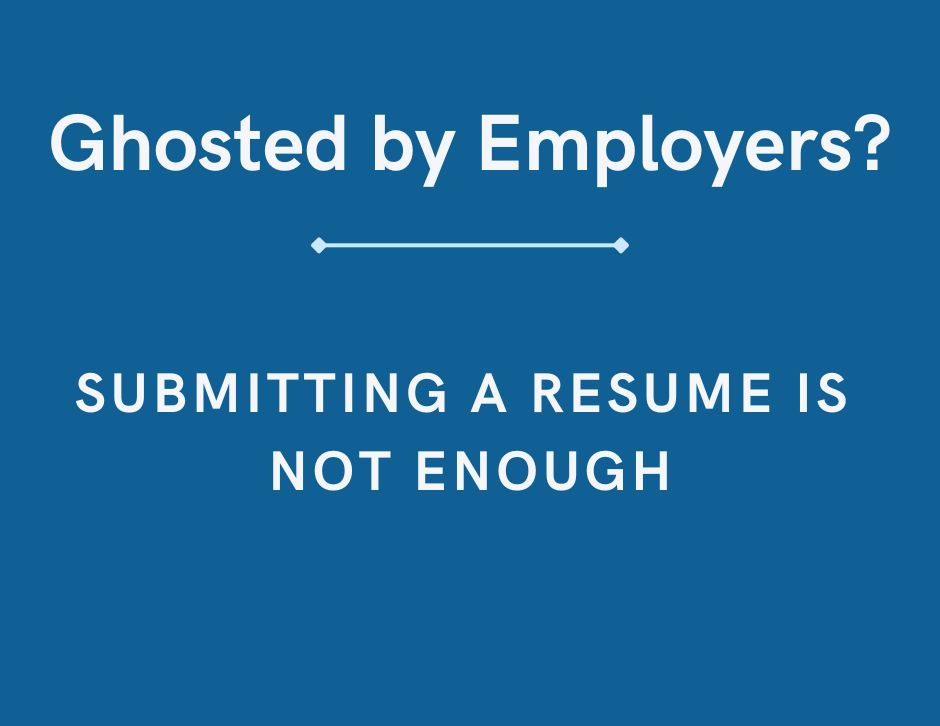Learn how to Showcase Your Soft Skills in a Job Interview
- Karen Suarez

- Jul 31, 2024
- 2 min read
Updated: Aug 1, 2024

In today's highly competitive job market, having the right job specific skills is just one piece of the puzzle. Recruiters and employers increasingly emphasize soft skills - those intangible qualities that define how we interact with others and navigate the world around us. So, how can you leverage these soft skills to ace your next job interview and secure that dream job?
Understanding the Importance of Soft Skills
Soft skills, often referred to as 'people skills' or 'emotional intelligence,' are not just buzzwords but the backbone of today's workplace. While job specific skills are necessary, it's the soft skills that determine how effectively you can work within a team, communicate your ideas, and manage challenges. Employers now recognize that a candidate's soft skills can significantly impact team dynamics and overall success within an organization.
The Role of Soft Skills in Interviews
During job interviews, showcasing your soft skills is as vital as emphasizing your job specific or hard skills (for example, knowledge of software programs, accounting, etc. When faced with a pool of qualified candidates, recruiters often look beyond resumes to identify individuals with strong communication, problem-solving, flexibility, and leadership abilities. By effectively demonstrating these soft skills, you can differentiate yourself and leave a lasting impression on the interviewers.
Critical Soft Skills to Emphasize
Communication: Clear and concise communication is vital in any workplace. During interviews, articulate your thoughts effectively, actively listen to questions, and provide well-thought-out responses.
Teamwork: Highlight your ability to collaborate with others by sharing experiences of successful team projects or instances where you've resolved conflicts with others.
Adaptability: Employers value candidates who can adapt to changing circumstances. Share examples of how you've easily navigated challenges or embraced new responsibilities.
Problem-Solving: Discuss past experiences in which you identified issues and implemented effective solutions, highlighting your analytical thinking and problem-solving skills.
Practical Tips for Highlighting Soft Skills
Storytelling: Use concrete examples to illustrate your soft skills in action. Share relevant anecdotes that show your strengths and achievements. S hare real-life situations where you demonstrated the soft skill in question. Connect Soft Skills to Job Requirements: Explain how your soft skills align with the needs of the role.
Body Language: Nonverbal cues such as eye contact, posture, and gestures can help convey your interest, enthusiasm, and professionalism.
Active Listening: Demonstrate this by paraphrasing questions and engaging in meaningful dialogue with your interviewers.
Setting yourself apart from the competition can be achieved by utilizing your soft skills. Although job specific skills may create opportunities, it is your soft skills that will ultimately lead to success in your career.
Contact me if you would like to schedule a free phone consultation.



Comments